Jul 30, 2025
On a modern food packaging production line, every second counts as machines operate at a tightly controlled pace. Imagine a high-speed automatic labeling machine running continuously, with packaging boxes moving in an orderly flow along the conveyor. At this moment, a miniature cylinder installed on the labeler precisely pushes the label paper, completing each labeling action with accuracy.
Due to the limited space, conventional cylinders cannot be flexibly mounted. However, the compact size and fast response of the miniature cylinder allow it to be easily integrated into tight installations. It strikes a balance between space efficiency and continuous performance output, making it ideal for high-speed packaging applications.
Moreover, in the cartoning stage, the mini pneumatic air cylinder gently pushes the box flaps to ensure each package is sealed tightly, preventing air leakage and contamination. Its short stroke and high-frequency performance keep the entire packaging process smooth and uninterrupted, significantly improving production efficiency while reducing energy consumption and equipment wear.
In this precise and compact packaging environment, the mini pneumatic air cylinder acts like an invisible “arm,” silently ensuring the accurate execution and efficient operation of every step. It has become an indispensable core component in modern packaging machinery.
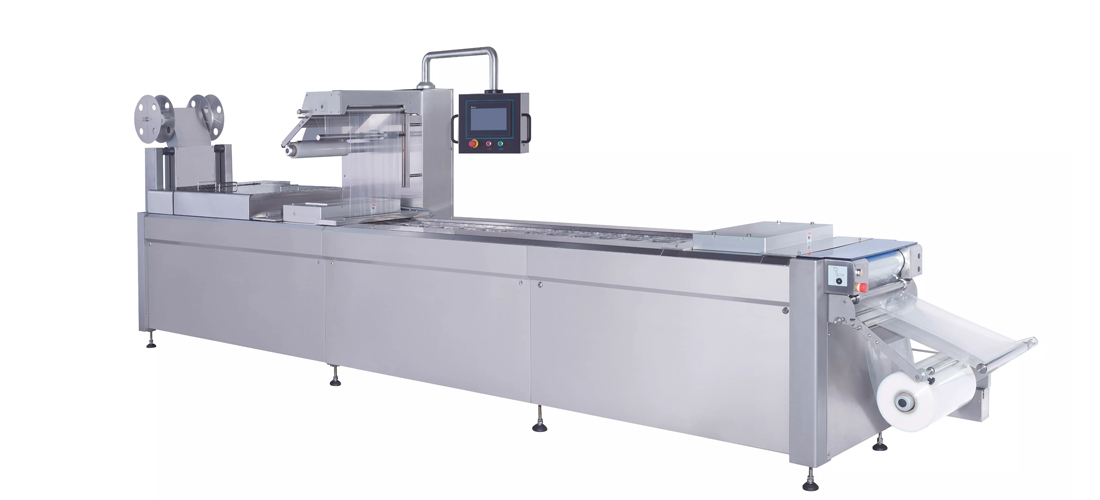
Mini air cylinders have many advantages as follows according to their small size and space-saving structure.
Compact Design for Confined Spaces: The internal space of packaging machinery is limited. Mini air cylinders are small in size, making them easy to install within complex mechanical structures.
Excellent Performance in High-Frequency Operations: They support rapid reciprocating motion, meeting the demands of high-speed operation on packaging lines.
Diverse Stroke and Bore Options: They can be flexibly configured according to different processes in packaging machinery to ensure precise movements.
Energy-Saving and Environmentally Friendly: Low air consumption reduces equipment operating costs.
Easy Maintenance and Long Service Life: Suitable for long-term, high-intensity operating environments.
In terms of the mode of cylinder action, there are two types of air cylinders: single-acting and double-acting. Whether it's standard, compact, guide-rod, rodless, or rotary air cylinders, they all come in single-acting and double-acting variants. However, their working principles are the same. They all drive the piston rod to perform reciprocating motion through the atmospheric pressure of compressed air.
Both single-acting and double-acting air cylinders generate mechanical motion through compressed air, achieving energy conversion.
Definition: A single-acting cylinder has only one air pressure inlet. It uses compressed air to drive the piston rod in one direction, while the return stroke in the other direction is typically accomplished by a built-in spring or an external force.It features a simple structure, compact size, and low cost.
Advantages:
Saves air supply and has a simple air circuit.
Suitable for applications with short strokes, frequent actions, and low requirements for return stroke force.
Typical Applications: Clamping devices, ejection mechanisms, small push rods, baffles in packaging machinery, etc.
Limitations:
The return force is limited by the spring, making small cylinder unsuitable for high-load conditions or situations requiring a strong return stroke.Also the direction of movement is restricted, resulting in lower flexibility.
Definition: A double-acting cylinder has two air pressure inlets. The gas acts on both sides of the piston, allowing it to both extend and retract the piston rod.Double-acting cylinder has a relatively complex structure and is slightly larger in size than a single-acting cylinder.
Advantages:
Both the extension and retraction actions are controlled by the air supply, providing strong and controllable force.This double-acting cylinder is suitable for applications requiring bidirectional power, offering greater flexibility in movement.Which enables precise positioning and diverse motion control.
Typical Applications: Automated assembly, robotic arms, conveyor line drives, precision positioning devices, etc.
Limitations:
Consumes more air supply compared to single-acting cylinders.Has a relatively complex structure and maintenance requirements.
| Aspects | single-acting cylinder | double-acting cylinder |
| Advantages | Simple structure, small size, low cost | Greater force and more stable motion |
Low air consumption, energy-saving and environmentally friendly | Bidirectional power, flexible and controllable motion | |
Simple maintenance, low failure rate | Suitable for complex working conditions with a wide range of applications | |
| Application Scenarios | Light-load, simple unidirectional motion situations | Situations requiring bidirectional driving and precise control |
Short-stroke, high-frequency rapid motions | Automated assembly, robotic arms, conveyor systems | |
Spring-return clamping, pushing-out, etc. motions | Bidirectional pushing/pulling, positioning, complex mechanical motions | |
| Limitations | Provide one direction power, Relies on a spring for return stroke. | High air supply consumption and relatively complex structure |
Return force is limited, making it unsuitable for heavy loads or high impact forces. | Large volume and relatively high cost |
Introduction to the cylinder manufacturer and distributor:We manufacture small mini cylinders of various brands, including Festo, SMC, and Airtac. In addition, we also offer a wide range of other types of pneumatic actuators, including standard, rodless, rotary, long-stroke customized ones, etc. Contact us directly for the latest prices, detailed information, and a complete product catalog.
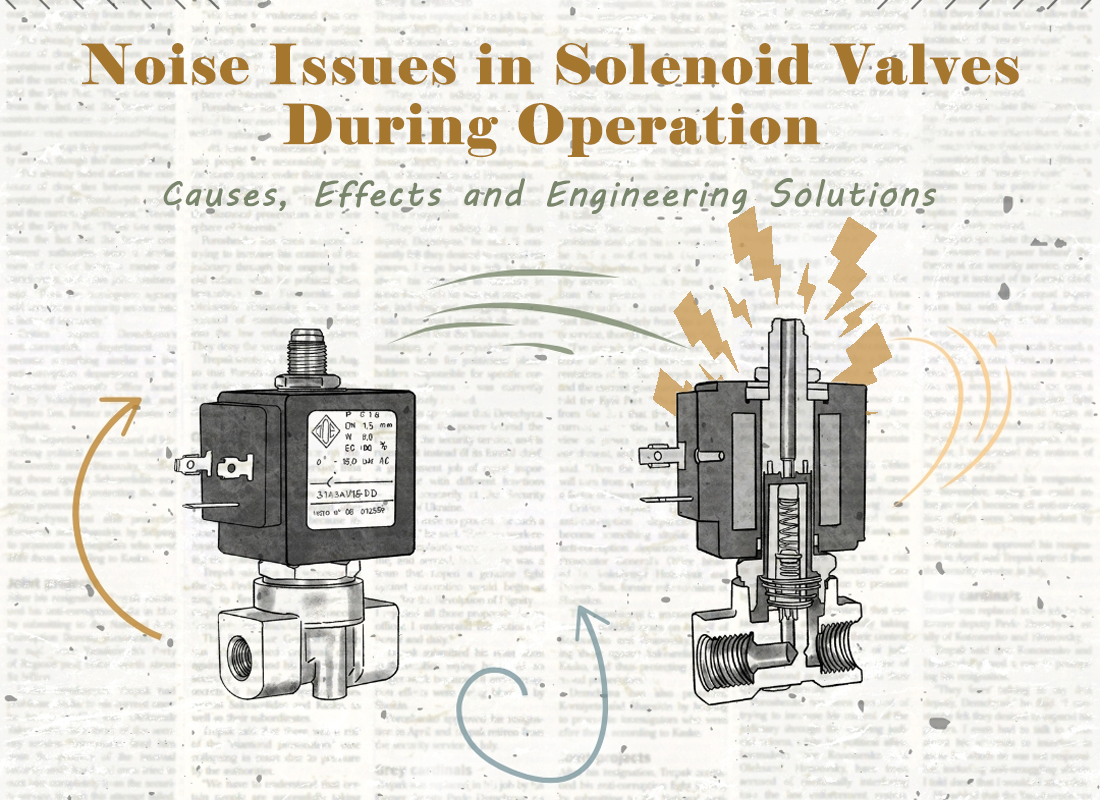 Noise Issues in Solenoid Valves During Operation
Noise Issues in Solenoid Valves During Operation
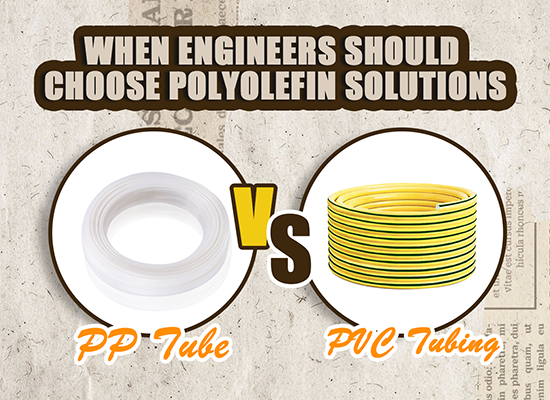 PP Polypropylene Tube vs PVC Tubing: When Engineers Should Choose Polyolefin Solutions
PP Polypropylene Tube vs PVC Tubing: When Engineers Should Choose Polyolefin Solutions
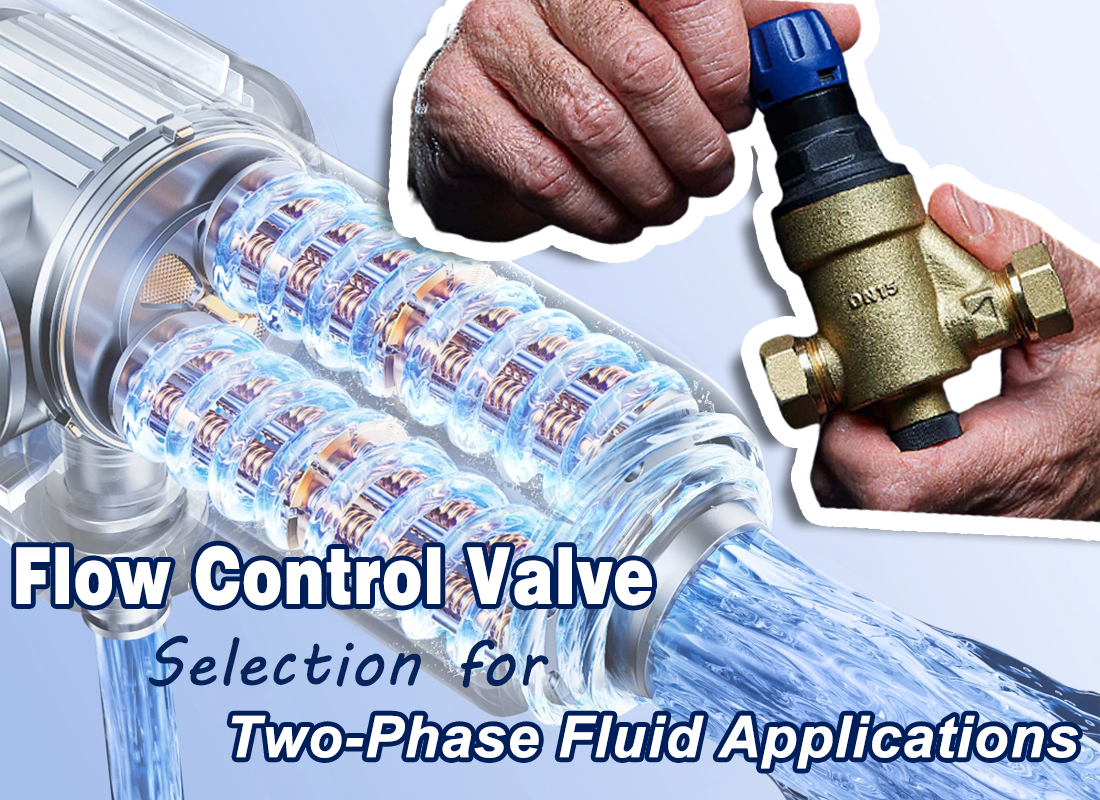 Flow Control Valve Selection for Two-Phase Fluid Applications
Flow Control Valve Selection for Two-Phase Fluid Applications
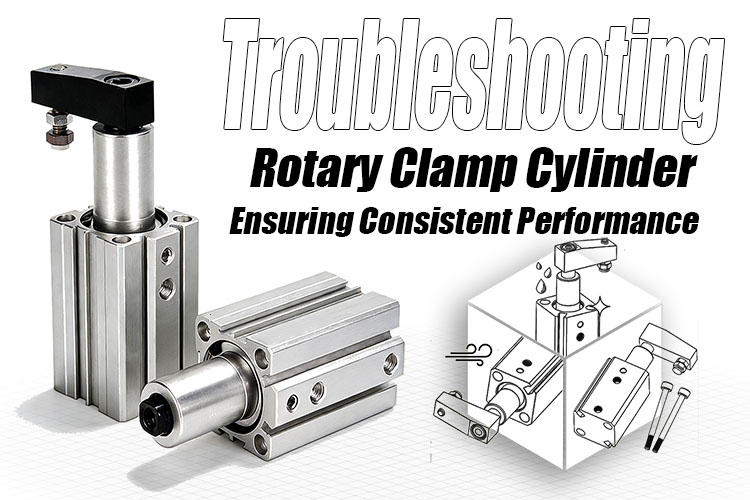 Rotary Clamping Cylinder Troubleshooting: Ensuring Consistent Performance
Rotary Clamping Cylinder Troubleshooting: Ensuring Consistent Performance
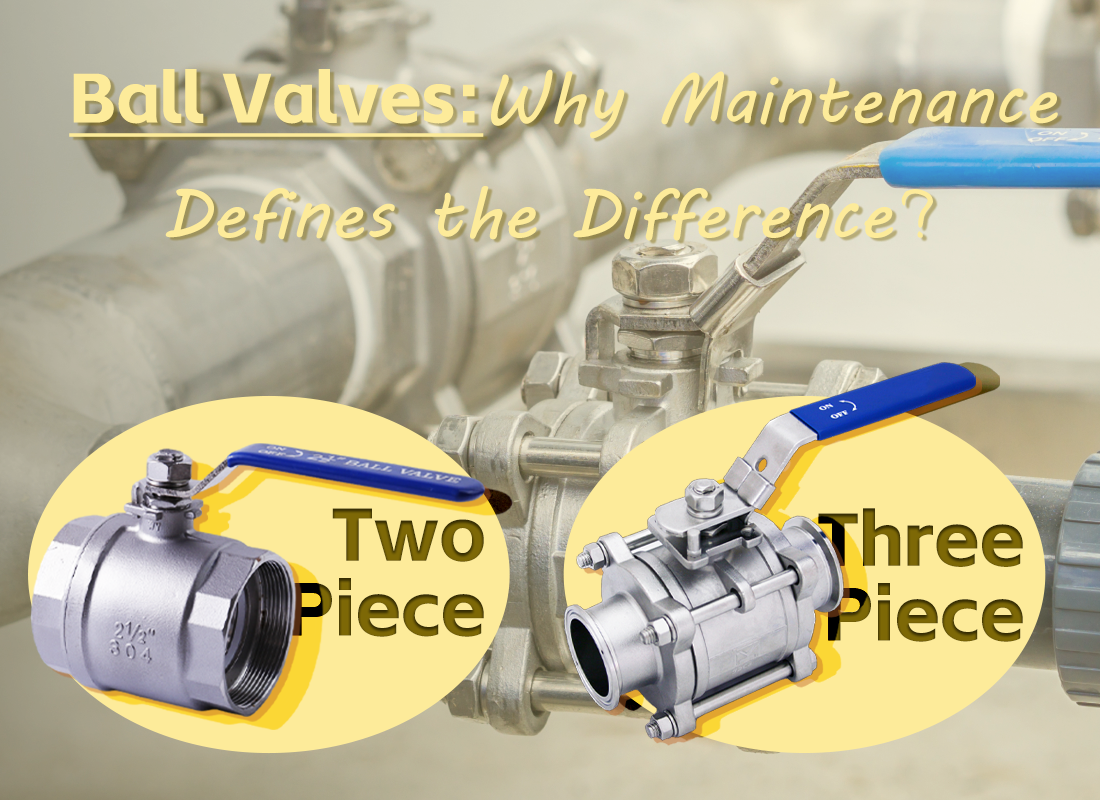 Two-Piece vs Three-Piece Ball Valves: Why Maintenance Defines the Difference
Two-Piece vs Three-Piece Ball Valves: Why Maintenance Defines the Difference
You May Interest In
FOKCA ©1998-2025 Fescolo Pneumatic All Rights Reserved Sitemap